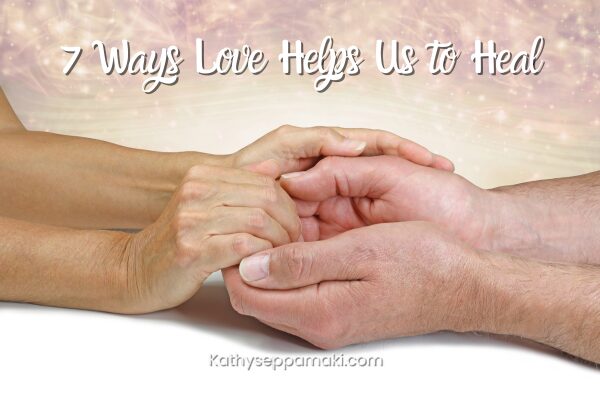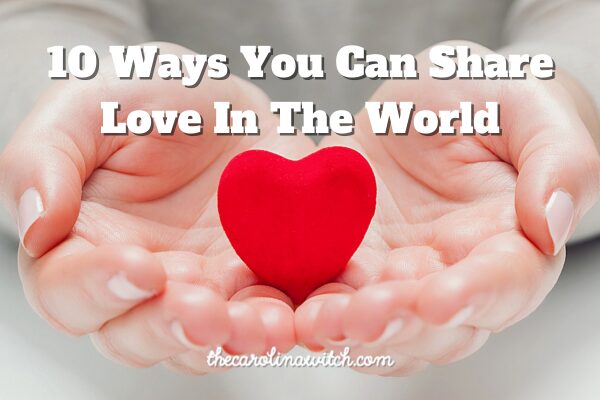Notice: I’m an affiliate for Amazon as well as other companies. Any links in this article may be affiliate links. I always appreciate it if you purchase something using my affiliate links. Doing so helps me to raise a little extra money that pays for the costs of running this site. And it allows me to continue bringing you quality content, all without costing you a thing! Thanks!
We know that love feels good. But did you also know that it is very healing as well? The healing power of love is far greater than most people understand. Love can help to heal on multiple levels…emotionally, mentally, and physically. Today I’m sharing 7 ways love helps us to heal.
Why is it important?
Every human needs human connection, love, and affection. Love is important because it makes us feel happy, cared for, and connected to others. When we love someone, we want to be kind and helpful to them. It helps us build strong relationships with our family and friends, and it makes life more meaningful and enjoyable. It gives us support when we face challenges and helps us grow as people. Overall, love brings warmth and joy to our lives. Human touch is essential for survival because it helps us feel safe, connected, and healthy. When we hug someone or hold hands, our bodies release chemicals like oxytocin, which makes us feel happy.
Touch also helps us bond with others and build strong relationships, which are important for our emotional well-being. Additionally, human touch is vital for infants to thrive and develop properly. Without touch, we can feel lonely, anxious, and even physically unwell. So, the human touch is not just nice to have, it’s crucial for our overall health and happiness.
What are the 7 ways love helps to heal?
It gives us emotional support
Being loved provides a sense of security, belonging, and acceptance. Knowing that someone cares deeply for you can alleviate feelings of loneliness, anxiety, and fear, fostering emotional stability and resilience.
Reduces stress
Being in a loving relationship can reduce stress levels by promoting feelings of relaxation and contentment. The presence of a supportive partner, family member, or close friend can buffer against the negative effects of stress hormones, leading to better overall health.
Changes brain chemistry
Loving and being loved by others triggers the release of neurotransmitters such as oxytocin, dopamine, and serotonin, which are associated with feelings of pleasure, bonding, and well-being. These neurochemicals can have analgesic effects, reducing pain perception and promoting a sense of euphoria.
Improves physical health
Studies have shown that people in loving relationships have better physical health outcomes, including lower blood pressure, improved immune function, and faster recovery from illness. This may be due to factors such as reduced inflammation and healthier lifestyle habits encouraged by a supportive partner, family member, or friend.
Creates resilience
Love provides a sense of purpose and meaning, which can enhance psychological resilience in the face of adversity. Knowing you have someone to lean on during difficult times can increase your ability to cope with challenges and bounce back from setbacks.
Boosts self-esteem
Feeling loved and valued by another person can boost self-esteem and self-worth. When you receive love, you are more likely to see yourself in a positive light, which can lead to greater confidence and a stronger sense of identity.
Heals relationships
It fosters forgiveness, empathy, and communication, all essential for resolving conflicts and repairing relational wounds. Healthy, loving relationships provide a safe space for emotional expression and growth, allowing individuals to heal past traumas and develop healthier patterns of relating to others.
Our need for the power of love
The power of love heals because it addresses fundamental human needs for connection, belonging, and intimacy, while also positively affecting mental and physical well-being. We need love, and we need to give love. It starts with loving yourself!


